Members of Parliament are set to return to House sessions on Tuesday, July 23, following a brief hiatus, coinciding with the day anti-government protest organizers plan to bring Nairobi to a standstill.
As Parliament reconvenes amidst rising demands for its dissolution due to alleged voter dissatisfaction, lawmakers are anticipated to review the 11 Cabinet secretaries nominated by President William Ruto on Friday.
The list of nominees, which has sparked dissatisfaction among anti-government protesters, includes individuals who were previously dismissed from the Cabinet.
The returning nominees, pending approval, are Prof Kithure Kindiki (Interior), Ms. Alice Wahome (Lands, Public Works, Urban Development and Housing), Mr. Aden Duale (Defence), Mr Davis Chirchir (Roads), Ms. Soipan Tuya (Environment), and Ms Rebecca Miano, who is nominated for Attorney-General.
In the second half of the third session, the legislators will address several key issues, including the Division Revenue (Amendment) Bill, 2024, the County Allocation of Revenue Bill, 2024, and the selection panel for appointing commissioners to the Independent Electoral and Boundaries Commission (IEBC).
They will also review the Supplementary Budget Estimates 1 for the Financial Year 2024/2025 and the Finance Committee’s report on the rejected Finance Bill, 2024.
Additionally, they will consider three health-related legislative pieces—the Primary Healthcare Act, 2023, the Digital Health Act, 2023, and the Social Health Insurance Act, 2023—following a High Court ruling that mandated amendments to unconstitutional aspects within 120 days.
The House’s agenda also includes evaluating Patrick Amoth’s nomination for Director-General for Health, which will be assessed by a joint committee from both the National Assembly and the Senate, with a conclusion expected by mid-August.
The resumption of Parliament follows significant damage inflicted by protesters who targeted the House after MPs approved the now-withdrawn Finance Bill 2024, resulting in an estimated Sh350 million in property damage.
The most affected areas include leadership offices, the security and perimeter fence, catering facilities, information systems, members’ lounges, and staff offices.
Repairs are reportedly progressing well, with the main Parliament Buildings expected to be in a reasonably good condition as sessions restart.
Regarding the Finance Bill, the House will aim to remove all clauses reflecting the president’s objections.
To override the president’s recommendations, the National Assembly must secure a two-thirds majority vote—233 members.
The MPs will also review the Division of Revenue (Amendment) Bill, 2024, designed to implement proposed expenditure cuts by reducing allocations to both the national and county governments for the 2024/2025 Financial Year.
This Act, which governs the distribution of nationally raised revenue between the national and county governments for 2024/25, was enacted earlier this year and allocated Sh2.5 trillion to the national government and Sh400 billion to counties.
Due to the funding shortfall from the Finance Bill rejection, proposed reductions aim to address this gap.
The House will also consider the County Allocation of Revenue Bill, 2024, which outlines revenue distribution among 47 counties.
Despite being passed and presented for assent in June 2024, it was returned to the Senate by President Ruto for reconsideration due to the Finance Bill rejection.
Following the passage of the IEBC (Amendment) Bill and its presidential assent, the 14 days for nominating bodies to submit names for the IEBC Selection Panel concludes on July 22.
The President is then required to appoint the panel within seven days of receiving the names.
Upon completing the recruitment, the President will present the IEBC nominees to the National Assembly for approval.
Additionally, the House must act swiftly to amend the three health Acts to meet the High Court’s constitutional requirements by revising sections 26(5), 27(4), and 38 of the Social Health Insurance Act, which were deemed unconstitutional on July 12.
Failure to amend these Acts within 120 days will render them invalid.
Attention will also be on the budget committee as it prepares to present its report on the supplementary estimates for the Financial Year 2024/25, with proposed budget cuts across government agencies.
The committee faces challenges balancing cuts, with concerns of potential legal actions from affected agencies, and is expected to report its findings by Wednesday.

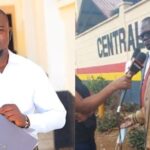





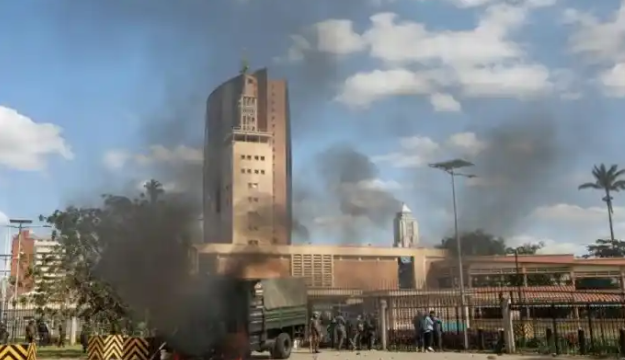
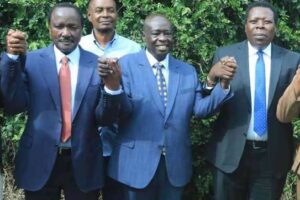

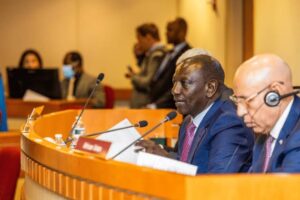
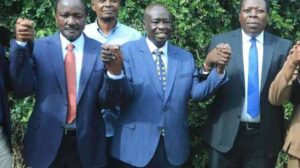


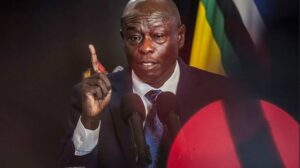






Add Comment